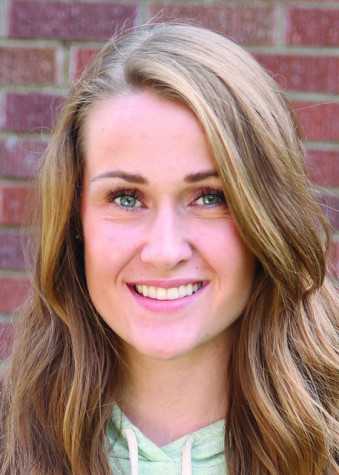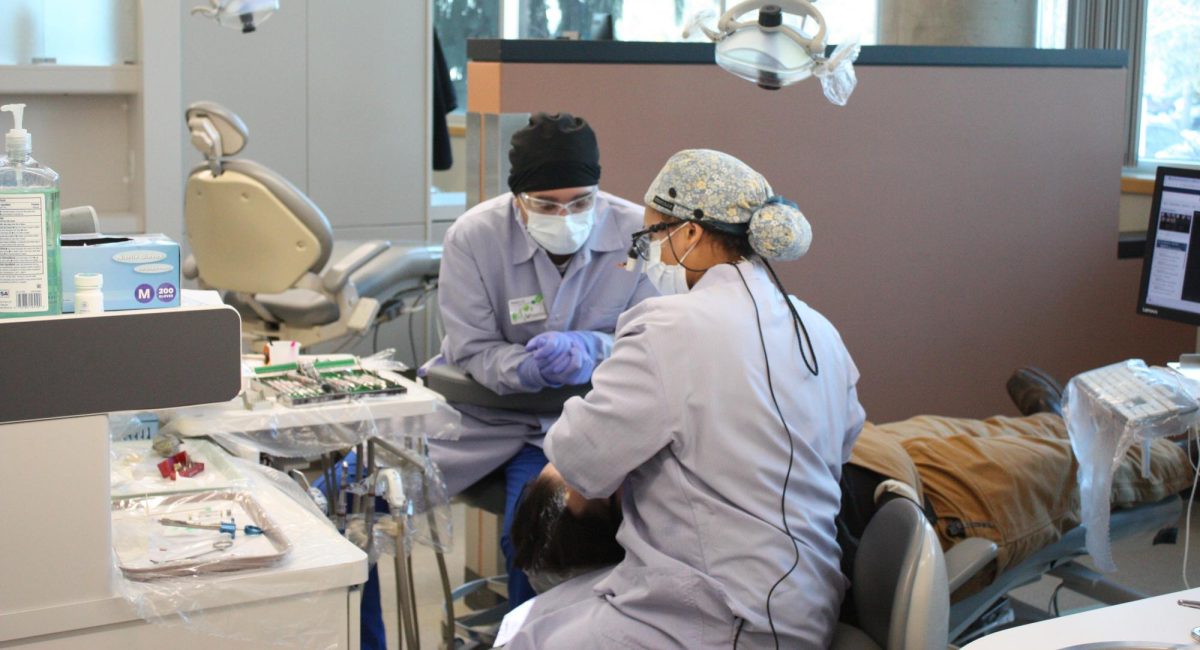Fulbright scholarship allows students to study abroad
October 4, 2012
Many students dream of studying near the beaches of Spain or amid the bustle of Japan, but are unsure of how to pay for it. Saving money or taking out loans are viable options, and so is applying for study abroad scholarships.
The U.S. Department of States Bureau of Educational and Cultural Affairs offers a number of scholarships, which study abroad adviser Elena Axton believes are worth considering.
The Fulbright U.S. Student Program is for graduating seniors and graduate students. Its two primary focuses are English Teaching Assistantships Abroad and the Research Grant Abroad. Unlike most other study abroad scholarships, students do not have to be in graduate school to be eligible.
“It’s one of the few scholarships that are like that, because most of them are specific to either being an [undergraduate] or a graduate student. There aren’t a lot of them that leave any room for the gray area if you’re falling in between that,” Axton said.
“For the Study Research Grant, the fellowships are for one academic year for study and/or research in academic fields and creative writing and performing arts,” she said.
“For the English Teaching Assistantship, it’s the same length of time. Basically what they’re looking for, in addition to what you’re hoping to gain from the Fulbright, is what you’re hoping to bring to the community where you would be granting a Fulbright.”
Summer Hess, Eastern’s first recipient of the U.S. Student Program, returned in March from a year of research in Chile. A graduate student studying non-fiction writing in the creative writing department, Hess spent her time in San Pedro de Atacama, a small town of 1,500 people in the Atacama Desert, the highest desert in the world.
Her research centered around travel and development through the Atacama Desert. “I was really curious about how this tiny town of 1,500 people became one of the most visited destinations within the country,” she said. She is currently working on a series of creative non-fiction essays about the Atacama Desert.
Hess spent her days in Chile “going to the museum that hosted my research, and working in their library or in their archives, or talking with their anthropologists and their scholars to help round out my research,” she said. “I often stayed in my little adobe home and worked from there. It was pretty amazing— I had Wi-Fi internet in what used to be a very secluded destination.”
This research opportunity would not have happened if Hess had not applied for Fulbright’s U.S. Student Program.
“They give you roundtrip airfare, health insurance, a 500-dollar research stipend, a settling-in allowance and then a monthly stipend,” Hess said. “You have to establish a research host in the country where you would like to study, and usually you have to have some kind of proof of language proficiency.”
In addition to completing a language exam, Hess had to write a one-page personal statement and a two-page research proposal.
Students must plan ahead and apply early, as most scholarships are awarded a year in advance of when the program begins. Students who are graduating next year or who will be graduate students could apply for the program now, which is accepting applications until October 17.
“I would recommend it to students who are willing to take the application process seriously,” Hess said. “I worked on my application for months before I submitted it.”
Hess said Fulbright looks for applicants who would be good ambassadors of the United States, and Axton agreed.
“Cultural exchange is a big piece of what it is they want to see in your application,” Axton said. “It’s not the kind of application you want to start a week before it’s due, and think that you’ll be able to put together a competitive application.”
Hess advises applicants to build relationships with their professors. “No matter what stage of your college career you’re in, build relationships with your professors because ultimately they’re the ones who are going to write your letters of recommendation,” she said. “They’re going to administer your language exams. And they’re going to—for free, not because they get paid to—give you advice on your application process.”
Though competitive, study abroad scholarships can open doors for students. “They can gain a global perspective of the world, to help them both as individuals, and going forward in the job market,” Axton said. “As the world gets smaller, it’s more important to have a cultural balance of who you are and how you see the world around you.”








